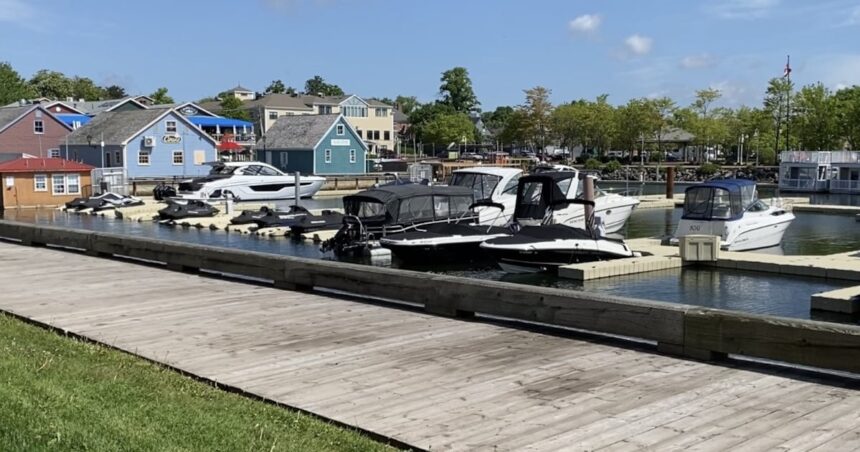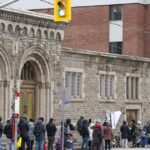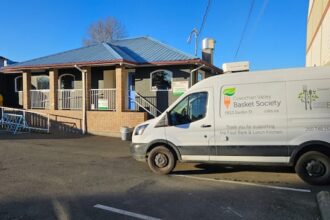The crisp Atlantic breeze carries whispers of discontent across Prince Edward Island this week, but not for the reasons a controversial new poll suggests. A national happiness survey placing PEI dead last among Canadian provinces has sparked fierce backlash from residents who call the findings not just misleading, but fundamentally flawed.
“That’s a pure lie,” declares Sarah MacLean, a fourth-generation potato farmer from Kensington, her voice rising above the hum of her market stand in Charlottetown. “Ask anyone here about island life. We have our challenges like anywhere, but unhappiest province? That’s completely backwards.”
The annual Canadian Happiness Index, released Tuesday by the National Institute for Social Research, ranked all provinces based on factors including income satisfaction, work-life balance, community belonging, and environmental quality. Prince Edward Island scored particularly low in economic opportunity (42/100) and healthcare accessibility (39/100), dragging down its overall ranking despite strong performance in community connection (87/100).
Provincial officials immediately questioned the methodology. “The sample size for PEI was just 230 respondents, compared to over 1,500 for Ontario and Quebec,” notes Dr. William Peters, Chief Statistician for the PEI Department of Economic Development. “When you’re dealing with a population our size, that creates significant margin of error issues that weren’t properly addressed in the analysis.”
Previous studies from Statistics Canada had consistently ranked PEI among the top three provinces for life satisfaction. The stark contradiction has raised eyebrows among social scientists nationwide.
The timing is particularly sensitive as the island province battles economic headwinds. Tourism, PEI’s second-largest industry after agriculture, faces a projected 12% decline this season according to business analysts. Local business owners worry the negative publicity could further impact visitor numbers.
“We’re already navigating post-pandemic recovery challenges and rising operational costs,” explains Jennifer Doyle, chair of the PEI Tourism Association. “Having our reputation as a welcoming, happy destination questioned right at peak season feels particularly damaging.”
What many islanders find most frustrating is the disconnect between metrics and lived reality. The survey heavily weighted economic indicators while underrepresenting community connection and natural environment satisfaction—areas where PEI traditionally excels.
“There’s something profoundly valuable about knowing your neighbors, living surrounded by both ocean and farmland, and the pace of island life,” says Michael Thompson, a professor of sociology at University of Prince Edward Island. “These qualities don’t always translate neatly into economic metrics.”
The controversy has sparked broader political discussion about how we measure societal well-being. Premier Dennis King has called for a more nuanced approach to happiness assessments that better captures rural and island realities.
“We acknowledge our challenges—housing affordability, healthcare access, and seasonal employment fluctuations are real issues we’re addressing,” Premier King stated. “But measuring happiness through primarily urban-centric economic lenses misses fundamental aspects of island culture and community that provide profound well-being.”
The institute behind the poll has agreed to review its methodology following the backlash, though its director, Dr. Eleanor Hanson, defends the overall findings. “The data reflects legitimate concerns around economic security and services access that shouldn’t be dismissed. However, we acknowledge the need for more regionally sensitive metrics in future studies.”
As this news story develops, one question emerges beyond the statistical debate: In our increasingly data-driven society, how do we properly account for the intangible elements of happiness that exist outside economic spreadsheets and satisfaction surveys?






















